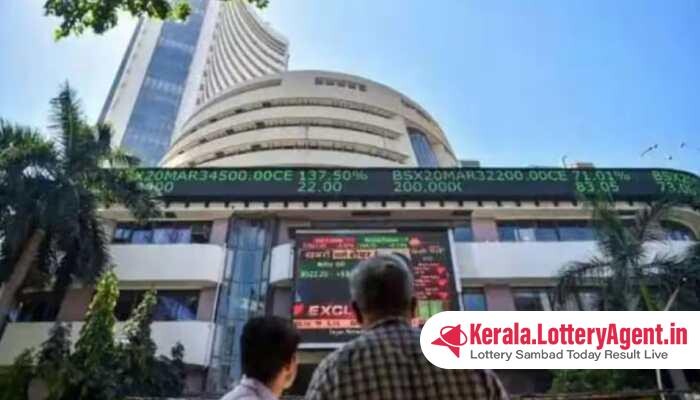
Financial markets in New Delhi have been under significant pressure, with the BSE Sensex plummeting by over 300 points on Tuesday. The anxiety is palpable as geopolitical factors cast a shadow over the market’s stability, driving the Sensex down to 73,040 points—a 358 point dip. Amidst the prevailing unease, there’s a looming concern that the Sensex may breach the 73K threshold if current market frailties persist.
Sectors across the board are feeling the heat, but it is IT and financials that are bearing the brunt, witnessing a notable decline. Market heavyweights such as Infosys, Bajaj Finserv, Indusind Bank, Ultratech Cement, and L&T have seen their valuations diminish by more than 1 per cent. Amidst this downturn, V K Vijayakumar, Chief Investment Strategist at Geojit Financial Services, expressed concern noting that economic and geopolitical issues are likely to continue their stranglehold on market sentiment in the near-term, as investors grapple with a complex global landscape.
An immediate economic factor contributing to this anxiety is the uptick in US bond yields. The surge in yields is diminishing the likelihood of rate cuts by the Federal Reserve within the year. This breed of high bond yields spells trouble for equity, categorized as riskier assets, and is expected to spur a sell-off by Foreign Institutional Investors (FIIs) in emerging markets like India.
Vijayakumar also raised the alarm on the increasing geopolitical tensions, particularly in the Middle East, stating, “The market is more concerned about the geopolitical issue. Israel military chief’s statement that ‘there will be a response to Iran’s attack on Israel’ has increased the probability of escalation of tensions in the Middle East. This is likely to keep the markets weak in the near-term.”
The interplay of these factors has created an atmosphere of caution among investors, many of whom are adopting a ‘wait and see’ approach in light of the unfolding developments. Vijayakumar advised that during such times of market corrections, savvy long-term investors have the opportunity to gradually accumulate high-quality large-cap stocks. He predicts that further market corrections will lead to more attractive valuations for these large-cap stocks, making them favorable for long-term investments. He suggested specific sectors such as banking, IT, autos, capital goods, oil & gas, and cement as having strong potential for enduring investment.
Moreover, as metal prices continue to strengthen, experts like Vijayakumar anticipate that metal stocks will display resilience despite the overall market volatility. The fact that metal commodities have managed to sustain their value adds a layer of assurance for investors eying the materials sector.
While the markets buckle under the strain of various economic and geopolitical challenges, the notable advice from investment strategists is to observe the fluctuations and look towards value buying. As the situation develops, with factors such as the impending Vodafone Idea’s Rs 18,000 Crore FPO, set to open on April 18, market participants will be closely monitoring any potential impact on investor sentiment and stock prices.
The days ahead are critical as the financial community awaits further clarity on the mesh of intricate issues buffeting the marketplace. It is a chessboard of global dimensions where every move, be it economic policy shifts or geopolitical conjectures, has the potency to redefine the trajectory of the Sensex and altogether investor wealth. The adage of ‘patience is a virtue’ couldn’t hold truer as India, along with the world, watches and waits.












